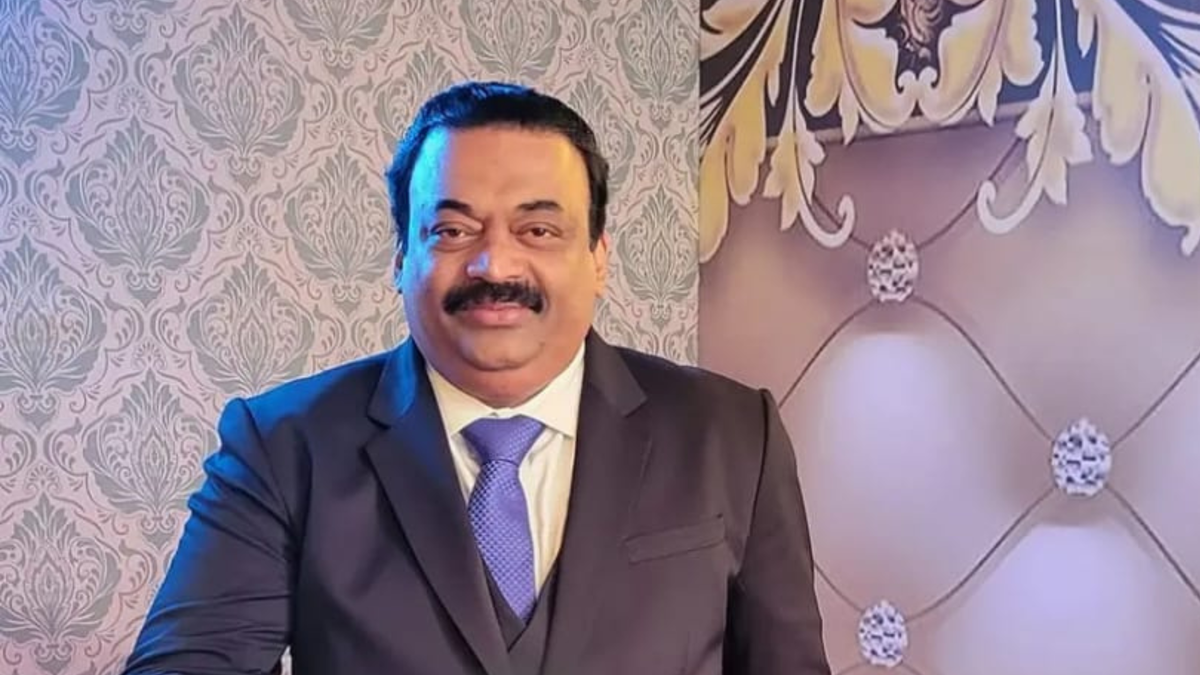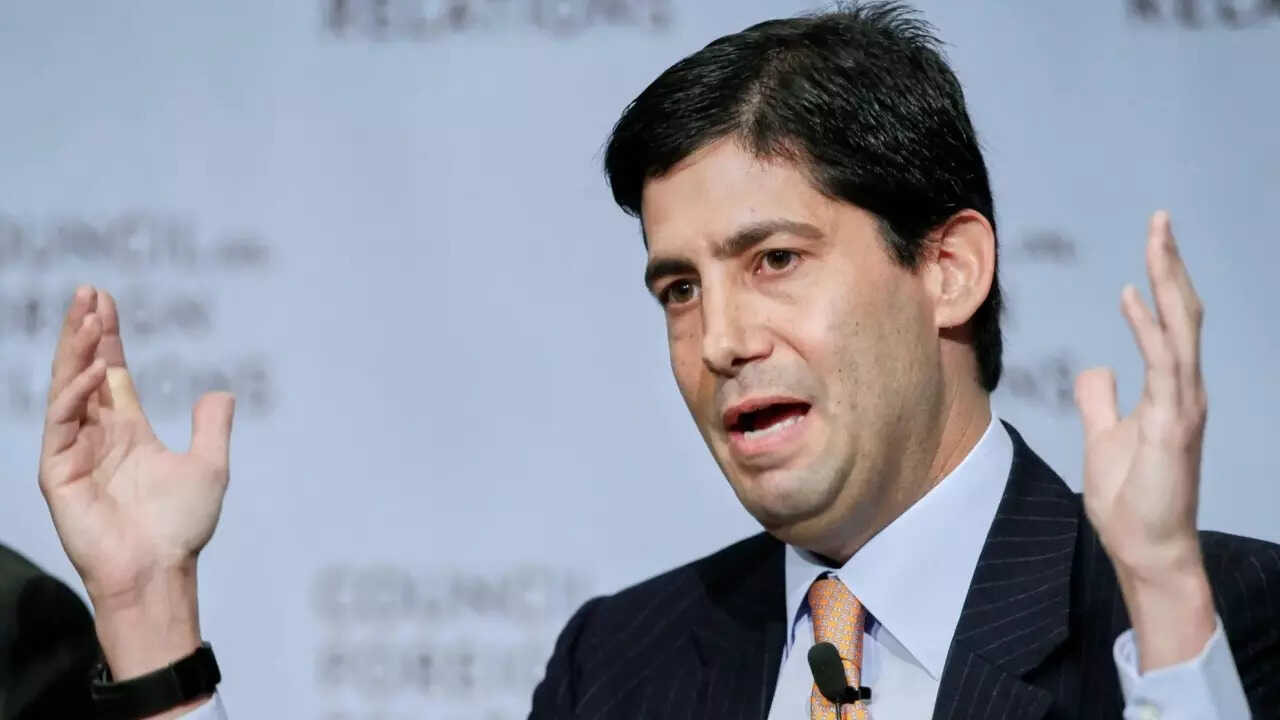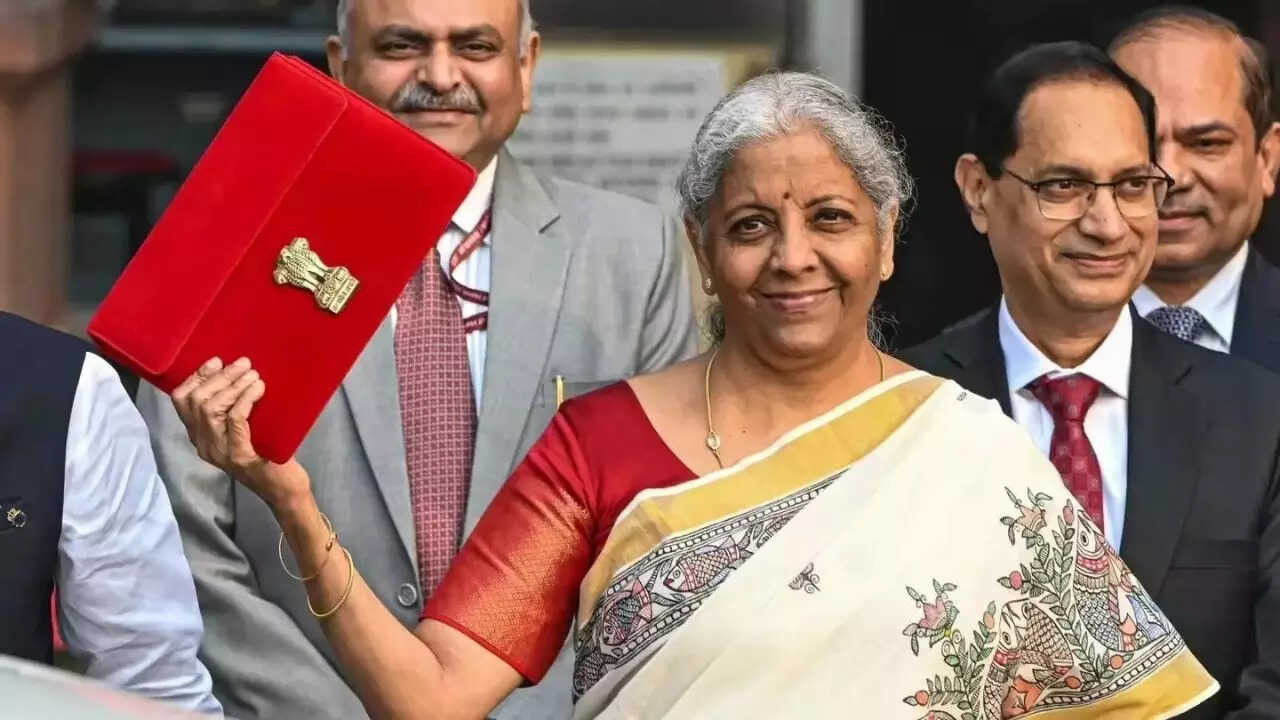The US Treasury considers a $20 billion swap line for Argentina’s central bank. Treasury Secretary Scott Bessent announced the talks. This move aims to stabilize Argentina’s markets before midterm elections. President Donald Trump supports assisting Argentina. However, Senator Elizabeth Warren raised concerns about using funds for a foreign government. Javier Milei faces challenges amid austerity and a scandal.
Argentina’s Economic Tightrope Walk: Can a $20 Billion Lifeline Steady the Peso?
Argentina’s economy is no stranger to volatility. It feels like the country is constantly dancing on the edge of a precipice, with the peso often bearing the brunt of the sharp drops. But recent whispers from Washington hint at a possible safety net: a proposed $20 billion currency swap line aimed at bolstering Argentina’s dwindling reserves and providing some much-needed stability ahead of upcoming elections. Could this be the parachute the Argentine economy desperately needs?
The news sent a ripple of optimism through the markets, with the peso experiencing a welcome 2.4% surge. This isn’t just about numbers; it’s about hope for Argentinians grappling with inflation that feels less like a gentle rise and more like a runaway train. It’s about businesses struggling to navigate an environment where the rules seem to change daily.
But let’s unpack what a currency swap line actually is. Think of it as a temporary exchange of currencies between two countries’ central banks. In this case, the U.S. would provide Argentina with dollars, while Argentina would provide the U.S. with an equivalent amount of pesos (with an agreement to reverse the exchange at a later date). The hope is that this infusion of dollars would increase Argentina’s foreign reserves, making it easier for the country to manage its debt obligations and stabilize its currency.

This isn’t the first time Argentina has sought external support. The country has a long and complicated relationship with international financial institutions, and past bailouts haven’t always delivered the promised land of economic prosperity. So, what makes this time different?
Perhaps the timing. Argentina is on the cusp of elections, a period often marked by increased uncertainty and economic jitters. A stable peso could translate to a calmer political landscape, offering a more predictable environment for voters and investors alike. However, this potential deal also raises questions about conditionality. What will the U.S. require in return for this significant financial assistance? Will Argentina be forced to implement specific economic policies that might prove unpopular or politically challenging? These are the crucial details that are still being negotiated behind closed doors.
The specifics of any agreement will likely be tied to Argentina’s economic reform agenda. The U.S. will want to see a commitment to fiscal responsibility, efforts to curb inflation, and policies that promote sustainable economic growth. Achieving these goals will require navigating a complex political landscape and potentially making difficult choices. The path to stability is rarely a smooth one.
One of the biggest challenges facing Argentina is persistent inflation. High inflation erodes purchasing power, making it difficult for ordinary citizens to make ends meet. It also creates uncertainty for businesses, hindering investment and economic growth. Addressing inflation will require a multi-pronged approach, including sound monetary policy, fiscal discipline, and structural reforms. This potential $20 billion lifeline could buy Argentina some breathing room, giving policymakers more time to implement these crucial reforms.
However, a currency swap is not a magic bullet. It’s a temporary measure that provides a window of opportunity. The ultimate success of this initiative will depend on Argentina’s ability to use this opportunity wisely, implement sound economic policies, and build a sustainable path to long-term stability. The global community will be watching closely to see if Argentina can finally break free from its cycle of economic volatility.
The potential Argentina peso currency swap offers a glimpse of hope amidst ongoing economic struggles. Whether this lifeline transforms into lasting prosperity remains to be seen, hinging on strategic implementation and commitment to sustainable reforms. The election’s outcome and subsequent policy decisions will play crucial roles in determining Argentina’s economic future.







